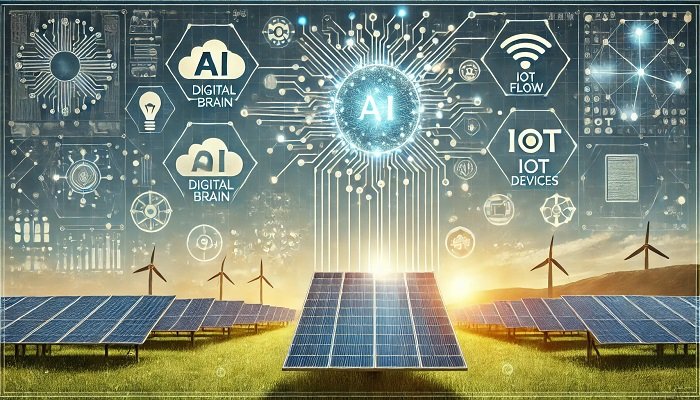On-grid vs. Off-Grid Solar Systems: Installation Considerations
In the present scenario, solar energy is increasing in demand among homeowners and business owners. Solar energy is a vital asset for essential household activities. With the help of solar systems, you can never hassle about power outages and save a significant amount of money.
It is the best way to save money and minimize carbon footprint. When it comes to solar systems, you have different options like off-grid, On-grid, and others. You understand On-grid vs off-grid solar systems and make the right decision to choose the ideal one.
- On-grid solar systems can connect to the power grid and require an inverter, solar array, and meter to know how much energy they produce.
- off-grid solar systems run independently. It produces and stores energy on-site.Such a system needs batteries, solar panels, and an inverter to turn DC power into AC power.
- Both systems require solar panels to produce electricity and vary in energy storage and usage.
On-grid vs off-grid system
- On-grid system: Such a system can connect to the grid, and no special equipment is needed for installation. It relies on the grid to generate solar energy. The system works flawlessly with the local utility grid and helps homeowners and business owners utilize solar power. The main aim of the system is to get electricity from the grid during the panels are unable to produce energy, like cloudy day and night.
- Off-grid system: Off grid system works independently from grid and make it sustainable source for power. The system is efficient in producing and storing energy to fulfill household electricity requirements. It is the best way for people to never rely on off-site power. Careful planning and investment are essential to gain a reliable and continuous power supply.
Important elements to consider for On-grid vs off-grid system installation:
Moving to solar energy may seem terrifying due to cost. The On-grid system requires less cost to install and never needs an expensive battery. At the same time, an off-grid system needs more cost due to its needing additional things including a charge controller and battery for storing and keeping energy.
After choosing the right system for energy needs, people must focus on installation considerations and install the system. A On-grid system is simple and engages mounting panels, setting up the inverter, and attaching to the grid. Off-grid system installation needs proper planning and expertise to take care of the battery and charge controller to gain solar energy.
- The On-grid system lets people spend less money because of utility charges.
- It is completely easy to install and manage power during an outage with backup.
- Off-grid systems make people energy-independent and prevent electric bills.
- It involves more upfront money for setup and battery.
Evaluate energy requirements:
Before installing the On-grid or off-grid system, you must consider energy consumption. Knowing energy requirements aids in deciding solar system capacity and the side that fulfills demands.
- Energy consumption: Assessing energy consumption requires collecting data relevant to how much electricity that household and business needs. By focusing on existing energy bills, you can get insight into energy use regularly.
- Load profile and peak demand: Load profile and peak demand are vital for sizing the solar system. Load profile gives accurate details on how much energy consumption alters the whole day or year. Peak demand denotes the amount of electricity to be consumed at a given time.
- Energy storage: Energy storage can be decided based on the energy required to store and power properties when high electricity demand and low sunlight.
Site selection
Choosing an ideal site is more important when it comes to the On-grid or off-grid systems. It is great for improving solar system efficiency.
- Sunlight availability: You should focus on the hours of direct sunlight that the location obtains. In this way, you can find obstructions like trees or buildings that affect the shadow on the panel and minimize efficiency.
- Obstruction and shade factor: The height and position of the structure are mandatory for installing the system. People must examine shadowing in diverse times.
- Seasonal variation: People consider seasonal variations in sunlight duration and intensity. Variation may also impact solar system performance.
Physical factor
Solar system installation involves physical factors considered when choosing a site for On-grid or off-grid solar energy.
- Ground and roof space: People must assess the roof and ground space for mounting the panel. Apart from that, looking at angle and orientation is important to boost solar exposure.
- Tilt and Orientation: People decide on panel tilt angle and orientation depending on latitude and sun position. Changing the tilt angle is great for energy production.








